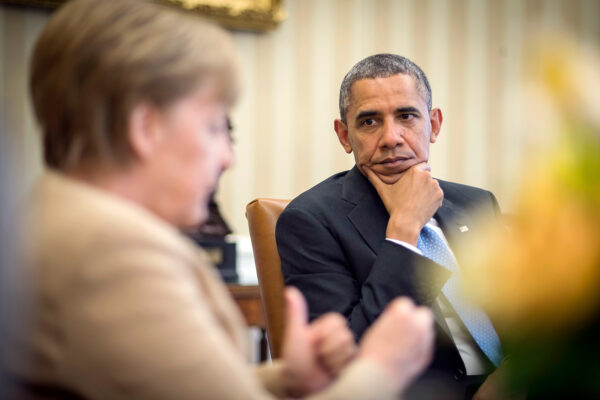
Debates about the future of Ukraine are really a sideshow to the question of “what to do about Russia?” writes Daniel W. Drezner, a professor of international politics at Tufts University, in The Washington Post.
The priority, he argues, is to make clear to Russian president Vladimir Putin that if he tries to divide the West, he will not only fail but it will surely backfire.
Neutrals no more
To that end, Drezner recommends creating a pathway for Finland and Sweden to join NATO.
Russia has bullied the two neutralist Scandinavian countries by threatening their airspace and likely making the Swedish navy hunt for a submarine in its territorial waters last year.
Finland and Sweden agreed in November to improve intelligence sharing and joint air force training with neighboring NATO countries. Formally exploring membership for both would send a clear signal to Russia that intimidation will only strengthen its neighbors’ resolve.
Trade
Secondly, Drezner urges Western policymakers to finalize transatlantic trade negotiations.
“The real existential threat to Putin is the economic appeal of the West,” he believes. Deepening business relations across the Atlantic and reviving growth in Europe would undermine his claim to represent a credible alternative to the liberal Western order.
The greatest threat to the trade pact may be Greece. Its far-left government has flatly ruled out backing further trade liberalization and is openly supportive of Russia.
However, surveys show that a majority of Greek voters do support the proposed trade agreement.
Between East and West
According to the latest Eurobarometer poll — which is regularly conducted on behalf of the European Commission — only in Austria and Germany do majorities oppose the free-trade pact.
This probably has to do more with resurgent anti-Americanism in both German-speaking countries as a result of recent spying revelations and the Austrians’ and the Germans’ ambivalence about the East-West standoff than it does with widespread opposition to freer trade per se.
But that also hints at a hole in Drezner’s strategy.
Germany, Europe’s leading power, instinctively favors accommodation over confrontation with Russia. This was clear on Thursday when it negotiated another Ukraine ceasefire in Minsk while the United States were edging closer to supplying weapons to the government in Kiev, something that could have escalated the crisis.
Chancellor Angela Merkel seems to have decided Putin can no longer be trusted and her Christian Democratic party is traditionally Atlanticist. But many of their voters still like to imagine a place for Germany between East and West. If the latter is really to present a unified front, the Germans need to change their attitude.
